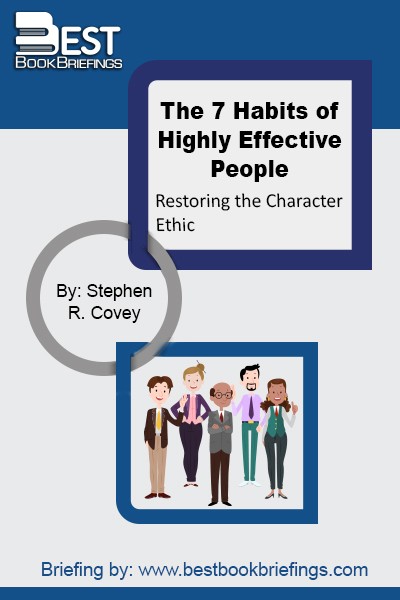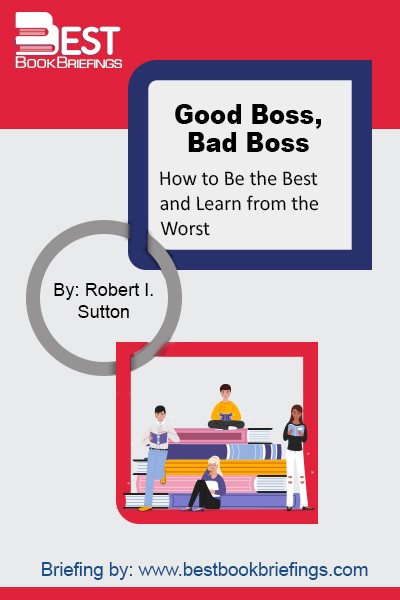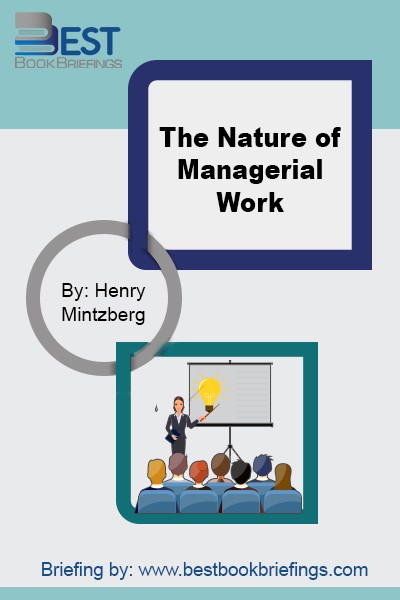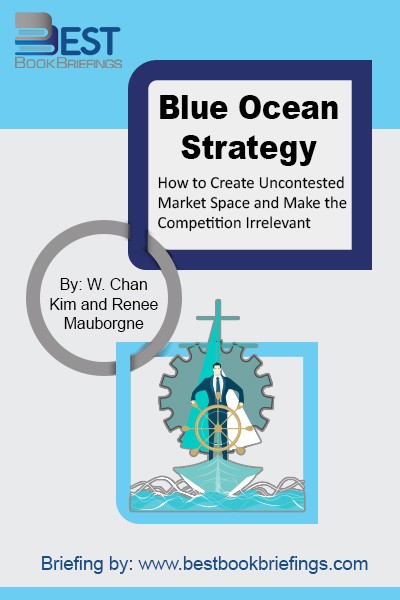Summaries and key ideas from the best BUSINESS and EDUCATION books.
Whether you prefer to read or listen, Best Book Briefings brings you the best.
Read, Listen, Watch .. Reinvent Learning
Full
Briefings
Quick
Briefings
Sound
Briefings
Public
Videos
Credible
Reviews

Online
Reading
Audio
Streaming
Kindle
Syncing
Direct
Print
Best Book Briefings for the Curious Mind
To achieve unimaginable business success and financial wealth—to reach the upper echelons of entrepreneurs, where you’ll find Mark Zuckerberg of Facebook, Sara Blakely of Spanx, Mark Pincus of Zynga, Kevin Plank of Under Armour, and many others—you have to change the way you think.
Listening to :
Outliers
The Story of Success
Outliers
The Truth About Middle Managers
A World-class Education
From Values to Action
Top Downloads

Almost all the literature in the first 150 years or so focused on what could be called the “Character Ethic” as the foundation of success—things like integrity, humility, fidelity, temperance, courage, justice, patience, industry, simplicity, modesty and the Golden Rule. Benjamin Franklin’s autobiography is representative of that literature. It is, basically, the story of one man’s effort to integrate certain principles and habits deep within his nature.

by Mike Myatt
Everyone has blind spots. The purpose of Hacking Leadership is to equip leaders at every level with an actionable framework to identify blind spots and close leadership gaps. The bulk of the book is based on actionable, topical leadership and management hacks to bridge eleven gaps every business needs to cross in order to create a culture of leadership: leadership, purpose, future, mediocrity, culture, talent, knowledge, innovation, expectation, complexity, and failure. Hacking

Guerrilla Marketing is about taking the consumer by surprise, making an indelible impression, and creating copious amounts of social buzz. Guerrilla marketing is said to make a far more valuable impression with consumers in comparison to more traditional forms of advertising and marketing. This is due to the fact that most guerrilla marketing campaigns aim to strike the consumer at a more personal and memorable level. Guerrilla marketing is often ideal

by Masaaki Imai
Gemba kaizen is a Japanese business philosophy that shows how step-by-step improvements process refinements and enhancements are the surest, easiest, quickest method in maximizing productivity and quality. Defined as the real place where real action occurs, gemba is where products are developed (the lab and design table) and made (the shop floor), and where services are provided (the service center, retail outlet, or wherever customers come into contact the service provider). Reengineering or

In this definitive and revealing history, Henry Mintzberg, the iconoclastic former president of the Strategic Management Society, unmasks the press that has mesmerized so many organizations since 1965: strategic planning. One of our most brilliant and original management thinkers, Mintzberg concludes that the term is an oxymoron—that strategy cannot be planned because planning is about analysis and strategy is about synthesis. That is why, he asserts, the process has failed so

In 1983, Dr. Rosabeth Moss Kanterwrote The Change Masters, a practical book which had a major impact on the conduct of American business and management.Sheargued that American business was facing an unfavorable economic and social environment and in dire need of an American corporate Renaissance. In executive suites throughout America, The Change Masters has become one of the most talked-about books in years.

Management by objectives is the process of defining specific objectives within an organization that management can convey to organization members, then decide on how to achieve each objective in sequence. According to George S. Odiorne, the system of management by objectives can be described as a process whereby the superior and subordinate jointly identify common goals, define each individual's major areas of responsibility in terms of the results expected of him

Lateral thinking is the ability to think creatively, or outside the box, as it is sometimes referred to in business, to use your inspiration and imagination to solve problems by looking at them from unexpected perspectives. The term was promulgated in 1967 by Edward de Bono. According to him, lateral thinking deliberately distances itself from the standard perception of creativity as vertical logic (the classic method for problem solving).

You may not consider yourself a leader, but if you take some time thinking about your daily activities, you might discover that you are. Don’t believe? Here are some examples that may convince you: If you are good at your job to the extent that your co-workers ask for your advice, if you were selected to sit in a meeting or a committee to discuss an issue, or if you had

If you are a boss who wants to do great work, what can you do about it? Good Boss, Bad Boss is devoted to answering that question. Stanford Professor Robert Sutton weaves together the best psychological and management research with compelling stories and cases to reveal the mindset and moves of the best (and worst) bosses. This book was inspired by the deluge of emails, research, phone calls, and conversations that Dr. Sutton

The key to being an effective manager is leadership. Woody Allen says that success in life is “… 20% timing and 80% just showing up.” People usually “show up” in leadership situations. But leadership success is much more than just showing up. It is the application of tested concepts and the “timing” skills necessary to get things done. It’s a full-time job in which every minute must be spent wisely. The

The quantity of work to be done, or that the manager chooses to do, during the day is substantial and the pace is unrelenting. Why do managers adopt this pace and workload? One major reason is the inherently open-ended nature of the job. The manager must always keep going, never sure when he has succeeded, never sure when his whole organization may come down around him because of some miscalculation. As

What's the secret to having an engaged and productive team? It's having a plan for developing all employees--no matter where they are on their personal learning curves. Better morale and higher performance happen through learning, argues Whitney Johnson. In over twenty years of coaching, investing, and consulting, Johnson has seen that employees need continuous learning and fresh challenges to stay motivated. The best bosses know this, and they know how to

In order to survive on a daily basis, you have to have the attention of someone and, on some days, a lot of people. This is purely functional, but the need seems to go beyond that. Why do you want people to take an interest in you? Do you actually need them to? We think so. We want to be interesting to others for many reasons. Socially, it’s important for us

The dominant thinking of strategy work over the past 25 years has only focused on competition-based red ocean strategies. The result has been a fairly good understanding of how to compete skillfully in red oceans, with tools such as downsizing, differentiation, focus and benchmarking the competition. We rarely find any tools that help create blue oceans. Creating blue oceans has remained wishful thinking. We hope to change that by providing practical frameworks
Corporate Learning Platform
Today’s constantly evolving business environment demands that your workforce remains educated, agile and ready to respond to new developments. BBB is a long-term solution for keeping your team on pace with the lightning-fast speed of busines
Click to request a quotation now
Congratulations!
You have just subscribed to BBB newsletter. You will be receiving your next newsletter on this email. To guarantee delivery, please make sure to add our email to your Safe Senders’ List


